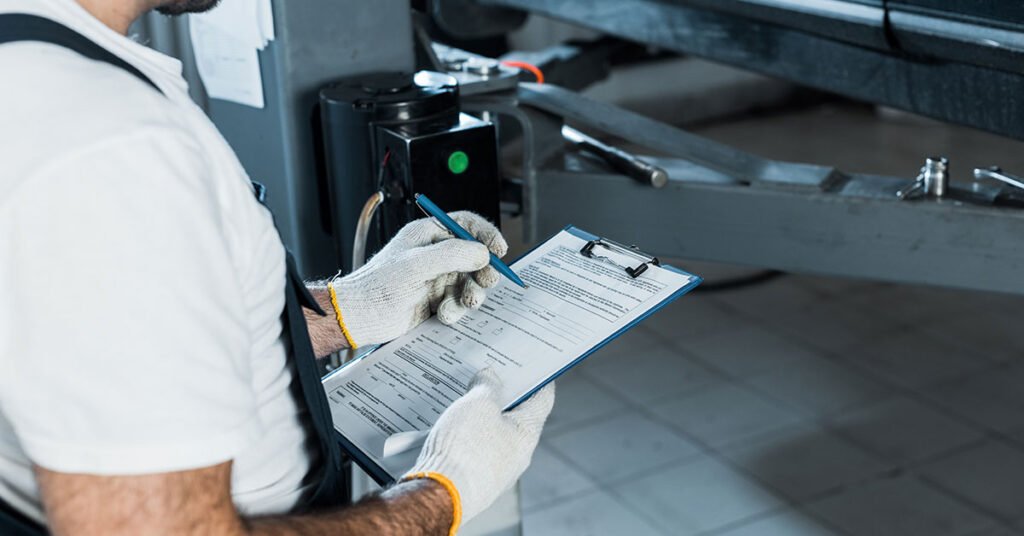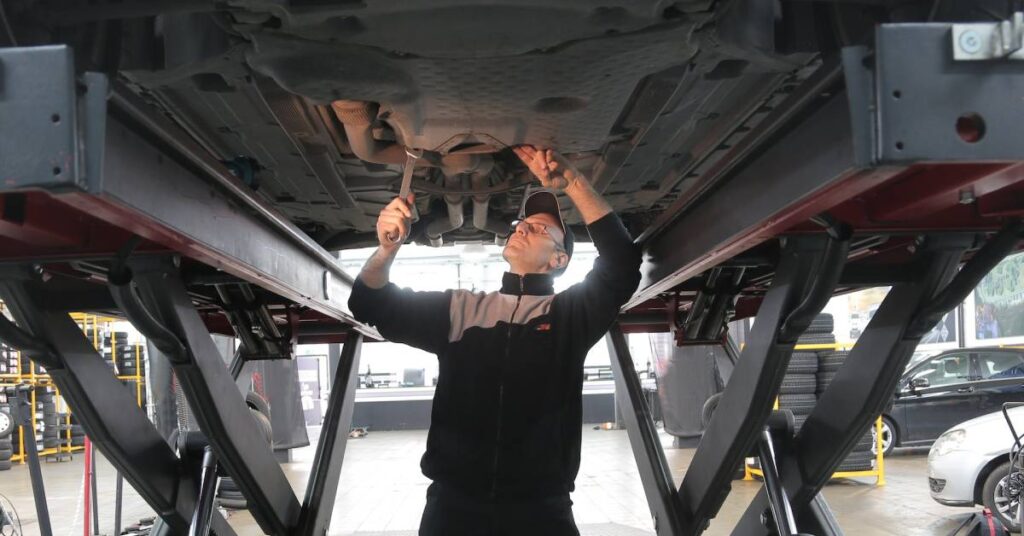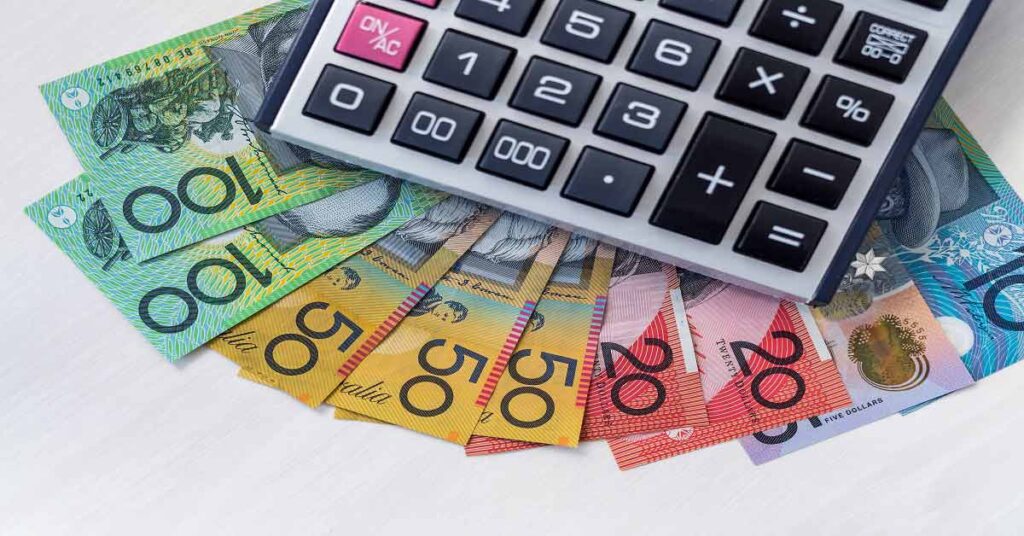Learn how to transfer car ownership in NSW. Step-by-step guide for buyers & sellers, including fees, documents & deadlines. Avoid fines & get it done fast.
Ever wondered what your car is actually worth? Whether you're ready to sell, trading in, or just curious, knowing your vehicle’s market value can save you from guesswork and dodgy deals.
Let’s take a close look at what affects your car’s value, how to calculate it properly, and how to get the most bang for your buck, without the car salesman pitch.
Cars lose value over time, but how much and how fast depends on more than just the number on the odometer. Knowing your vehicle’s worth gives you an edge, so you don’t accept less or ask too much.


If you're selling privately or to a removal service, understanding the true market value helps you set a fair asking price.
Too high and no one bites. Too low and you're leaving money behind. The sweet spot gets attention and cash in hand faster.
Dealers often offer a lower trade-in price compared to what you might get selling it privately. Why? They need to resell and make a profit.
That convenience costs you. Knowing both figures lets you decide if convenience or cash wins.
Your car’s value affects insurance payouts, especially in the event of a write-off. It’s also relevant for loan refinancing or if you're dividing assets. A clear value helps you make confident financial decisions.
Not all cars age equally. A well-maintained Toyota can hold value better than a neglected luxury sedan. Here’s what really matters when assessing worth.
Popular brands with strong reputations - like Mazda or Subaru - retain value better. The year also counts. A newer car will usually fetch more, but classic or vintage models can also climb in value if they’re well-kept.
Lower kilometre cars usually attract higher prices. A ute with 80,000 km is more appealing than the same model with 250,000 km.
But it’s not just the number - it’s how those kilometres were racked up. Highway driving is gentler than city start-stop traffic.


Scratches, dents, and a worn interior knock down your car’s value. A full logbook and regular servicing help it bounce back. Think of it like school grades - the better the record, the better the reward.
In regional areas, 4WDs and utes might fetch more, while city dwellers prefer smaller hatchbacks. Supply and demand in your postcode can swing the value up or down.
Petrol is still king in most parts of Australia, but hybrids and electric cars are rising. Automatic cars also generally fetch more due to broader demand.
That booming sound system or lift kit might be your pride and joy, but not everyone will pay extra for it. In fact, heavy mods can narrow your buyer pool. Stick to clean, practical additions if resale value matters.
Guessing doesn’t cut it. Instead, take a few easy steps to land on a figure that reflects today’s market, not last year’s wishful thinking.


Websites like CarsGuide, Carsales, and RedBook offer free tools. Punch in your rego, make, model, and condition, and they’ll crunch data to give you a realistic number based on recent sales.
Hop online and look at cars just like yours. Match for year, condition, kilometres, and features. If most ads show a price around $8,000, then pricing yours at $12,000 probably won’t get you many calls.
RedBook and RACQ offer detailed price guides. They’re widely used by insurers and dealers. These aren’t gospel, but they give you a strong starting point.
There’s no one “true” value for a car. It depends on who’s buying, why, and how. Here’s a quick breakdown of the lingo.
Market value is what the average person might pay for your car in a normal sale. Trade-in value is what a dealer offers, often lower because they plan to resell it with a markup.
Private sale means you’re the one selling, so you call the shots. It’s usually higher than trade-in, but it requires time, ads, and haggling. Dealers will sell for more but keep the difference as profit.


Older cars or those with serious damage may be valued for parts and metal. ABCM Car Removal specialises in this. Even a car that doesn’t run can still put cash in your pocket if it has usable components or recyclable materials.
Overestimating your car’s value is like trying to sell sand at the beach. You’ll be ignored. Here’s how to avoid common traps.
A few dents here and there? Buyers will notice. Don’t pretend they won’t. Be honest in your assessment, and adjust the price accordingly.
That price you saw on Gumtree in 2019? Useless today. The car market shifts fast. Always use current data and listings.
Your Ford Falcon might be hot property in Adelaide but slow to sell in inner-city Sydney. Check what’s trending near you, not just nationally.
You don’t have to spend a fortune to boost your car’s price. A little care can make a big difference.


Logbook stamps show buyers you’ve looked after the car. Regular servicing also prevents major issues down the line - which is attractive to anyone who doesn't want a lemon.
Replace blown lights. Clean those foggy headlights. Buff out scratches. These cheap fixes can improve your asking price significantly.
Receipts, logbooks, and inspection reports prove your car hasn’t been run into the ground. They're like a report card that says, "This car's been good."
Demand peaks at different times. Convertibles sell better in summer. 4WDs spike ahead of camping season. Timing matters, just like in cricket.
We don’t use guesswork. ABCM Car Removal offers real-time valuations based on local market data and vehicle condition. No waiting, no waffle.


We give quotes using the latest info from Australian used car trends. That means your old sedan or busted van still gets a realistic, competitive offer.
We’re all about convenience. Request a quote, and if it suits, we’ll pick up the car free of charge. If not, no pressure—no strings attached.
Whether it’s a rusty hatchback, a flood-damaged ute, or a run-down family wagon, we accept them all. We operate in major cities and rural towns alike.
Curious what your car’s worth? Finding out takes less than five minutes and won’t cost a cent.


Fill in a quick form with your car’s details - make, model, year, condition. Hit submit, and we’ll shoot back an estimate ASAP.
You’ll need the rego number (if it’s registered), details about any damage, and how many kilometres it’s done. Honest answers lead to better results.
Most quotes come through within the hour. Sometimes faster. It’s quicker than a servo coffee - and a lot more useful.
Learn how to transfer car ownership in NSW. Step-by-step guide for buyers & sellers, including fees, documents & deadlines. Avoid fines & get it done fast.
Learn how to sell your car quickly & get a fair price with expert tips on pricing, prep, listings & removal services. Fast, easy & reliable advice inside.
Thinking about trading in your car? Whether you’re upgrading or just curious about how much your current ride is worth, understanding trade-in value is essential. Dealers use a mix of factors and formulas to decide what they’ll offer you, and those numbers can vary widely. In this guide, we’ll break it all down, no guesswork […]
Learn how car valuation works in NSW. Get expert tips on age, mileage, market trends & tools for pricing your car competitively whether selling or buying.